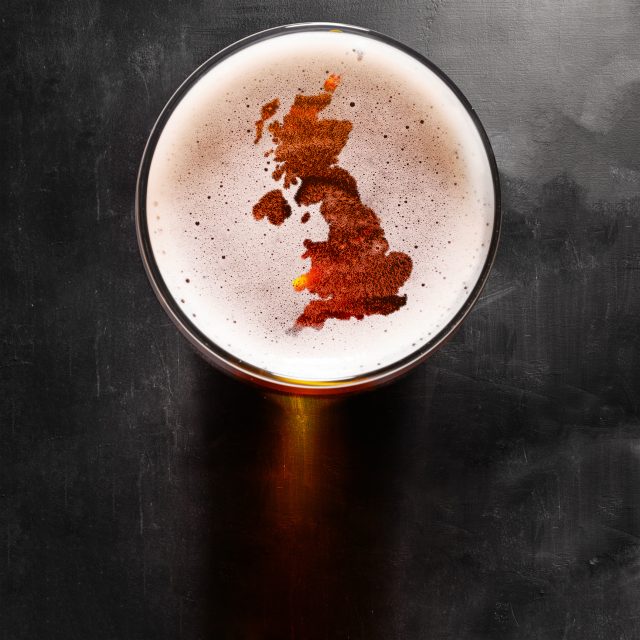This website uses cookies so that we can provide you with the best user experience possible. Cookie information is stored in your browser and performs functions such as recognising you when you return to our website and helping our team to understand which sections of the website you find most interesting and useful.
Could Britain hold the solution to Europe’s beer crisis?
The flavour of beer in years to come is under threat from climate change, with new research revealing challenges faced by European beer hops, but could crops grown in Britain hold the solution?

Europe risks experiencing a drop of 4-18% in traditional aroma hops yields by 2050, plus a 20-31% fall in alpha acids, according to the new study published on nature.com.
Hop yields are decreasing, and alpha acid levels which give beer its characteristic bitterness are in similar decline.
In response, the brewing process is becoming much more expensive as brewers must add more hops to make up for the lower levels of alpha acids.
The study focused on hops grown in historic hop-growing areas in Germany, the Czech Republic and Slovenia, but these regions, and the hop varieties grown there, are not the only options when it comes to making beer.
Today, England hosts around 50 hop farmers, though hop-growing in Britain is in decline, with these farms producing less than two per cent of the total grown in Germany.
The majority of beer in Britain is made with imported hops, but could homegrown crops hold the answer to dwindling European supply?
Will Rogers, the global technical director for Charles Faram hop suppliers in Worcestershire, told The Telegraph that “this is an opportunity for British hop growers”.
“Other crops are being moved north to outrun climate change. But with hops, you can’t do that. Their life cycle is controlled by daylight, not temperature. Hops grow at their best between 35 and 55 degrees latitude, which covers England perfectly.”
Rogers explained that the high clay content in soils in Herefordshire, Worcestershire and the majority of Kent act “like a sponge to hold on to water even in drought conditions, compared to the lighter soils of Hallertau (the German hop-growing region)” — a benefit when considering rising temperatures.
Jeremy Swainson, head brewer at Devon-based Utopian Brewing, also spoke to The Telegraph, saying that this was an “opportunity for more brewers to start experimenting with Britain’s own Noble varieties, such as Fuggles and Goldings, which make fantastic lagers”.
Related news
Bourgogne wine see global growth despite difficult market conditions

